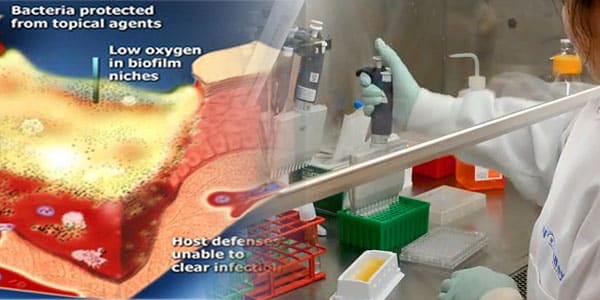Microbiology Video: Testing Antimicrobial Activity and Cytotoxicity of Wound and Skin Cleansers
Mar 7, 2014
A comprehensive strategy for evaluating wound care products are studying their antimicrobial activity and potential cytotoxicity for relevant cell types.
NMR capabilities extend well beyond the 1-dimensional 1H NMR spectra that organic chemists typically acquire. We strive to educate organic chemists on the techniques that can help them obtain the information they need.
FREE 1-Hour Consultation, please contact us!

